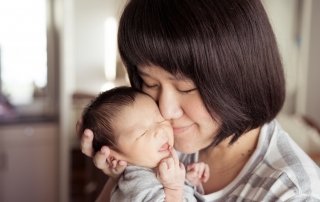What is The Best Screening Tool for Antenatal Depression
About 10% to 15% of women experience clinically significant depressive symptoms during pregnancy. Furthermore, women with a history of major depression appear to be at high risk for recurrent illness during pregnancy particularly in the [...]








